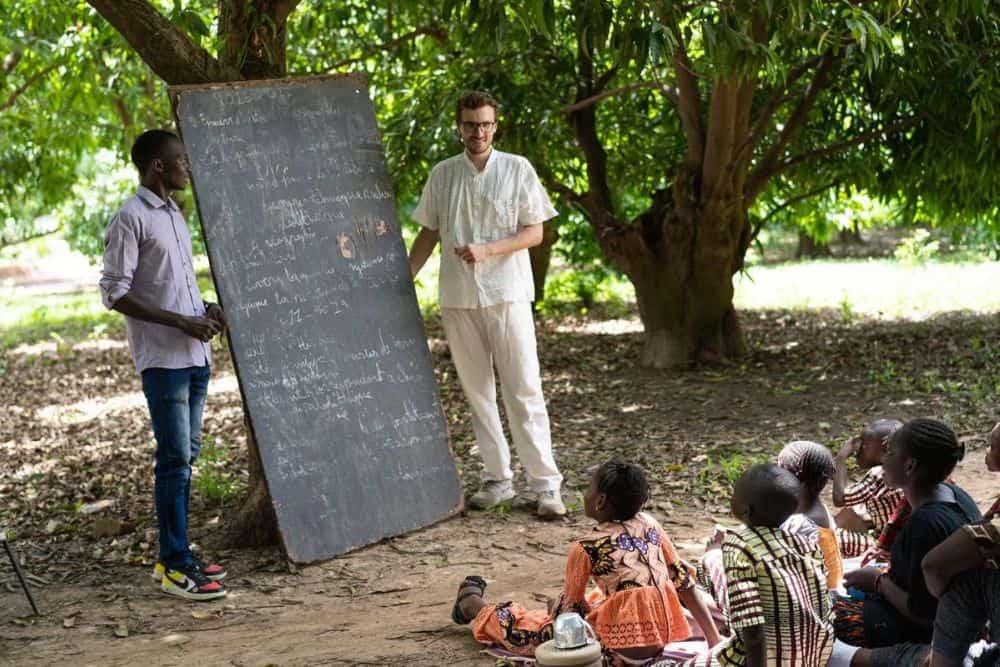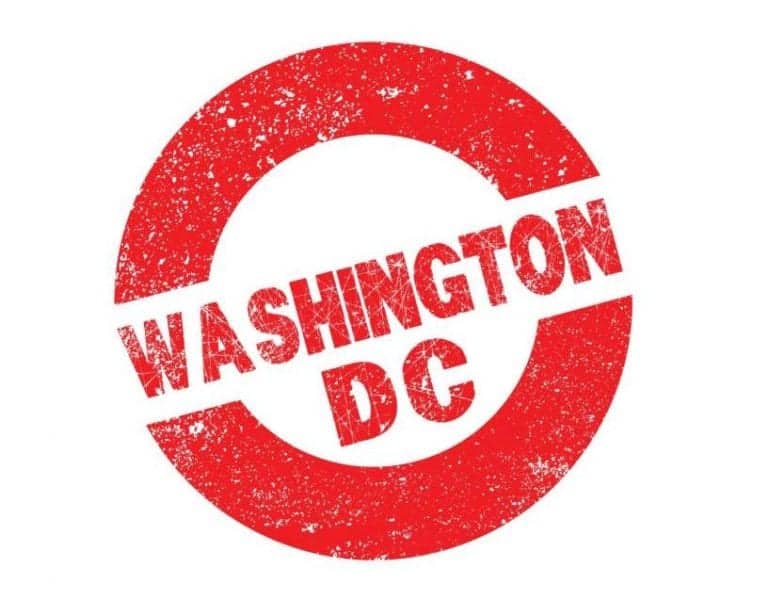Veterans in the Peace Corps: Navigating New Frontiers
The transition from military to civilian life is a significant milestone for veterans, offering a new realm of opportunities and challenges. Among these options, the Peace Corps stands out as a unique avenue for continued service, allowing veterans to apply their disciplined work ethic and leadership skills in diverse cultural settings. This shift from a structured military environment to a more fluid and autonomous Peace Corps experience requires careful navigation to ensure a successful transition.
Veteran Experiences and the Peace Corps
Veterans bring a wealth of experience and a unique set of skills to the Peace Corps, which can enrich their assignments and the communities they serve. The case of a veteran like Britney Ortega, who transitioned to volunteering abroad, highlights the potential for fulfilling and impactful service. However, her story also underscores the importance of selecting the right program that aligns with a veteran’s background, skills, and future aspirations.
Skills Translation and Integration
Veterans possess a host of valuable skills, including leadership, strategic planning, and adaptability. The Peace Corps provides an opportunity to apply these skills in new contexts, but the alignment of these skills with the needs of the Peace Corps is critical. Veterans must carefully evaluate how their military experiences can translate into effective service in diverse international settings, ensuring they can contribute meaningfully and continue personal and professional development.
Navigating the Application Process
The application process for the Peace Corps can be a reflective journey, prompting veterans to consider their past experiences and future goals. This process should be approached with diligence and introspection, allowing veterans to identify programs that best match their skills and service ethos. By doing so, they can ensure that their time in the Peace Corps is not only a continuation of service but also a valuable chapter in their career and life story.
Cultural and Operational Shifts
Adapting to the cultural and operational dynamics of the Peace Corps represents a significant transition for veterans. This move from a regimented military life to a more autonomous and community-driven environment in the Peace Corps can be both challenging and rewarding. Veterans must embrace the cultural immersion, navigate new social norms, and apply their problem-solving skills in less structured settings. This adaptation is crucial for making a positive impact and for personal growth during their service.
Support Networks and Resources
Veterans entering the Peace Corps should take advantage of available support networks and resources. Connecting with a Peace Corps recruiter can provide valuable insights and advice. Additionally, leveraging resources offered by both the military and the Peace Corps for transitioning veterans can smooth the path and enhance the service experience.
Personal Development and Global Impact
The Peace Corps offers a unique platform for veterans to continue their growth and impact on a global scale. The experiences gained, lessons learned, and relationships built during their service can shape their perspectives and career paths in profound ways. Veterans have the opportunity to make significant contributions to international communities while developing new skills and understanding different cultures.
Making an Informed Decision
The decision to join the Peace Corps is significant and should be made with a comprehensive understanding of the challenges and rewards it entails. Veterans possess a wealth of skills and experiences that can greatly benefit their host communities, but success in this new arena requires adaptability, cultural sensitivity, and a commitment to service that transcends familiar military paradigms. By thoroughly researching, reflecting, and preparing for this transition, veterans can embark on a fulfilling journey that honors their past while embracing new opportunities for service and growth.
FAQs
What is the Peace Corps?
The Peace Corps is a U.S. government program that sends volunteers abroad to work on projects in education, health, economic development, agriculture, and the environment, aiming to promote world peace and cultural exchange.
How can military veterans contribute to the Peace Corps?
Veterans offer valuable skills such as leadership, discipline, and adaptability, making significant contributions to Peace Corps projects and community integration.
Are there special provisions for veterans joining the Peace Corps?
While there are no specific programs for veterans, their unique skills are highly valued. Resources from Veterans Affairs and support networks can aid the transition to Peace Corps service.
Can veterans use their GI Bill benefits while serving in the Peace Corps?
GI Bill benefits are generally for education and may not be applicable during service, but deferment options exist. Veterans should consult with VA for specifics.
How does serving in the Peace Corps impact a veteran’s career?
Peace Corps service can enhance a veteran’s career by providing cultural adaptability, language skills, and international experience, valuable in many sectors, including federal employment.
What is the application process for veterans interested in joining the Peace Corps?
The process includes an online application, reference submissions, interviews, and medical clearances. Veterans should emphasize their military experience and how it prepares them for service.


Thank you, this post was very informative and interesting. A followup story on site, say near the Darian Gap, in the field with someone like me, a Retired RN, would be interesting as well.
Thanks Ben.
VHA just another dysfunctional American system where in the end.. you end up serving it way more than it serves you.. of you don’t die in it. VBA is the only helpful program and unfortunately too many people have to do to VHA to take advantage of benefits.